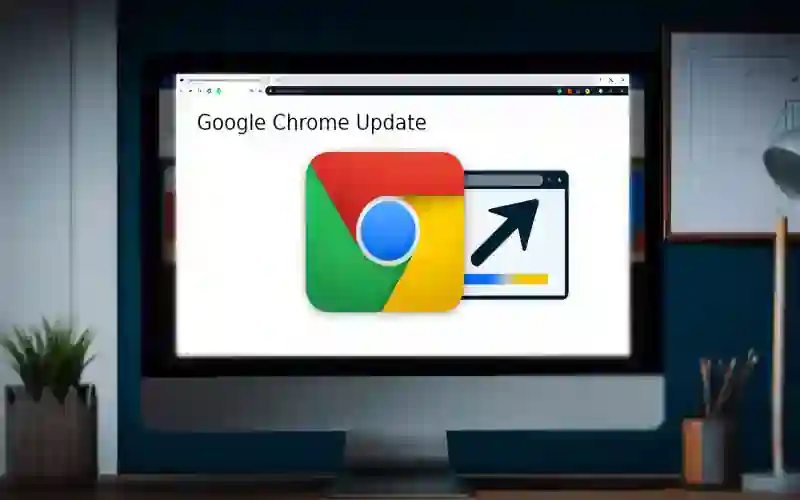
“Secure Your Browsing: Update to Chrome 131 Now for Enhanced Protection Against New Vulnerabilities”
**Exploring Chrome 131: A Deep Dive into the Latest Security Enhancements and Vulnerability Fixes**
Google has once again fortified the digital ramparts of its widely-used web browser, Chrome, with the release of Chrome 131 to the stable channel for Windows, Mac, and Linux. This latest update, which will gradually make its way to users over the next few days and weeks, addresses a dozen security vulnerabilities. These include several high and medium-severity flaws that could potentially compromise user data and privacy if left unchecked. The sense of urgency conveyed by Google in rolling out these fixes underscores the constant cat-and-mouse game between software developers and cyber adversaries.
Among the vulnerabilities patched in this update, the one that stands out is a high-severity flaw identified as CVE-2024-11110. This particular bug was found in Blink, Chrome’s rendering engine, and was reported by Vsevolod Kokorin from Solidlab. The flaw’s technical specifics, while complex, boil down to an inappropriate implementation that could allow malicious entities to execute arbitrary code within the context of the browser. Such a scenario is particularly alarming as it could lead to significant breaches of user security and data integrity.
Transitioning from this critical issue, the update also rectifies a medium-severity autofill implementation flaw (CVE-2024-11111), alongside other use-after-free vulnerabilities in Media (CVE-2024-11112) and Accessibility (CVE-2024-11113). Each of these issues represents a chink in Chrome’s armor that hackers could potentially exploit. The update also addresses less severe, yet still concerning, issues such as an inappropriate implementation in Views (CVE-2024-11114) and insufficient policy enforcement in Navigation (CVE-2024-11115).
Moreover, Google’s proactive approach extends beyond just patching externally reported vulnerabilities. The Chrome security team has also tackled a long-standing paint implementation issue (CVE-2024-11116) and a low-severity file system implementation flaw (CVE-2024-11117). It’s worth noting that Google has opted to restrict access to detailed information about these bugs. This strategy is intended to allow a majority of users to update their browsers before the intricacies of these potential exploits become widely known—a precautionary measure that highlights the ongoing battle for cybersecurity.
The discovery of many of these security flaws was made possible through Google’s rigorous internal security audits, fuzzing techniques, and the use of advanced tools like AddressSanitizer, MemorySanitizer, and UndefinedBehaviorSanitizer. These tools help identify problematic areas in software that might otherwise go unnoticed until exploited by malicious actors.
For users, the immediate course of action should be to update their browsers without delay. This can be easily done by navigating to Chrome’s settings, selecting “About Chrome,” and allowing the browser to check for and install any available updates. Staying updated is a simple yet crucial step towards safeguarding one’s digital life against increasingly sophisticated cyber threats.
While Google’s continuous efforts to patch up vulnerabilities before they are exploited are commendable, they also serve as a stark reminder of the perpetual vulnerability of our digital tools. The company’s ongoing commitment to security, demonstrated through its Vulnerability Reward Program and collaboration with security researchers worldwide, is indeed a silver lining. Yet, one cannot help but feel a lingering concern about what might lurk around the corner in this ever-evolving cyber landscape.













